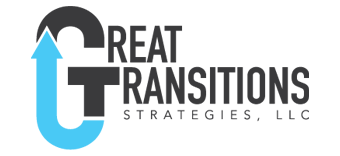If you could give trophies to the greatest supporters of your professional life, who would get them, and what would be the inscription on them? Here are some answers I got to that question:
- For believing in me when I doubted myself.
- Helping turn failure into education.
- For pushing me to set big goals and holding me accountable to them.
- For pushing me beyond what I thought was possible.
- Helping me turn a long journey into many short trips.
Supporting relationships may be one of the most important elements of an individual’s success. We all received assistance to arrive where we are today.
As a leader I think it is important for us to:
- assess those relationships we categorize as supportive to us
- assess those relationships we categorize as supportive to others
What are the elements of supportive and detrimental relationships? My thinking has been influenced by personal experience and study, particularly Intentional Change Theory and Dr. Henry Cloud’s book, The Power of the Other. What are the elements of those relationships that helped you thrive and those that held you back?
Let’s focus on the positive first. Before you read my list put the most positive supportive professional relationship in your head. Now make a list of 3-5 of those elements.
Here is my shortlist that comes from personal experience and client input:
- The relationship was a source of positivity; attitude and energy
- It fostered learning particularly from mistakes
- It was an iterative process of continuous learning
- It was forward-looking at challenging goals that were not easily achieved
- I was completely comfortable with revealing my flaws, challenges, and shortcomings
Take the same approach but for a leader who you had the most negative relational experience with. List 3-5 elements of that relationship.
Here is my list:
- Being unable to be totally honest
- The relationship did not feel like a partnership
- Accountability was a measure and evaluation rather than learning tool
- Disingenuous feedback, all positive, all negative, or with little depth or actionable content
Next step. Make a short inventory of some of your key professional relationships and assess them.
For your subordinates and colleagues, if they were rating you what elements would the individuals choose from the above lists? Are you providing a positive, resonant relationships that are fostering growth or are you holding someone back?
I think the simplest assessment of your relationships is to ask yourself two questions:
- Am I guarded in how I give and receive feedback?
- When I leave interactions with this individual how do I feel?
Now that you have an assessment, what are you going to do?
Please share your thoughts on what makes a supportive relationship.






